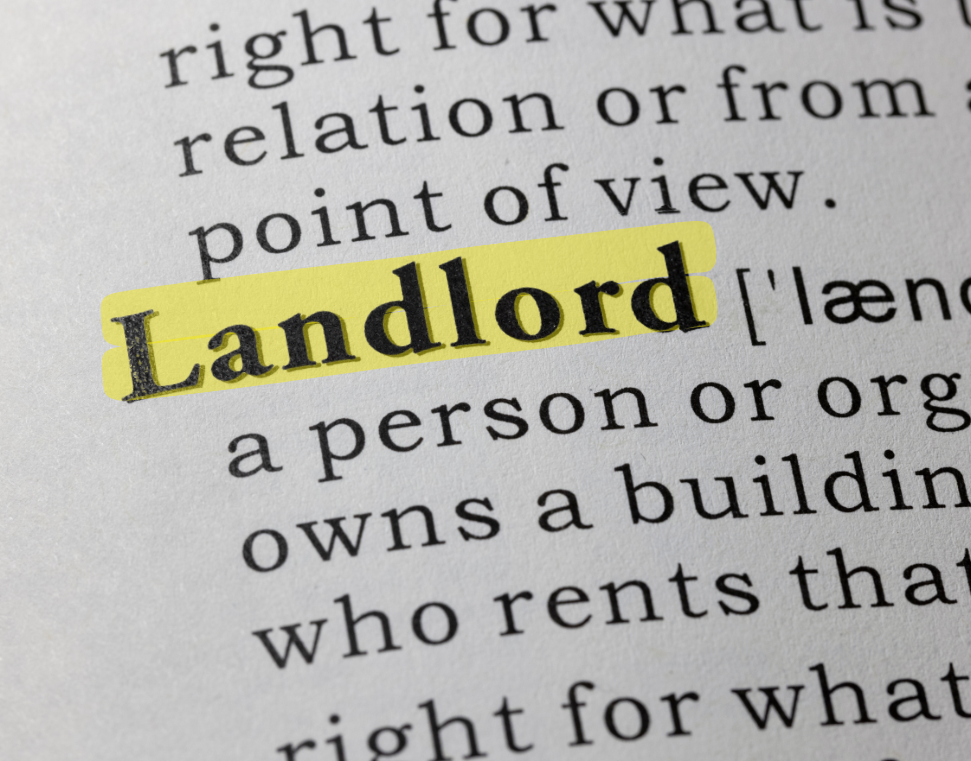Residential Premises Rental Income Relief (RPRIR) – What You Should Know

What is Residential Premises Rental Income Relief?
The new landlords tax credit aims to support small landlords in receipt of residential income and the relief applies for the years 2024 to 2027 inclusive.
Who can claim the Residential Premises Rental Income Relief?
Individual landlords of residential properties can claim RPRIR. If you are a joint or shared landlord you are still eligible to claim the landlord tax relief, and this will be apportioned based on your share of the rent you receive.
Qualifying conditions for claiming the landlord tax relief
- You must own the qualifying rented residential premises in the state on 31st December of the year in which the claim is being made.
- You must hold an up to date Tax Clearance Certificate, AND
- You must be Local Property Tax (LPT) compliant – See our LPT blog
- The premises must be registered with the Residential Tenancies Board (RTB) unless it is a formerly rent controlled premises not required to be registered with the RTB.
- The premises must be rented to a tenant, a local authority OR actively marketed for rent on 31st December of the claimable year.
Most importantly – How much of the Residential Premises Rental Income Relief can you claim?
In 2024, the amount of relief allowable, against income tax only, is the lessor of:
€600 or 20% of your rental income profit for 2024.
Example:
A) Your rental income profit is €8,000. 20% of €8,000 is €1,600 but the relief is capped at €600.
B) Your rental income profit is €2,000. 20% of €2,000 is €400 so the relief here is €400.
The cap increases to €800 in 2025 and €1,000 in 2026 and 2027.
How can you claim the new tax relief?
If you are a self-assessed taxpayer, you can claim the rental income relief on your tax return Form 11. If you are a PAYE taxpayer you can log into your Revenue MyAccount and claim the relief on your statement of liability.
Caution! There is a clawback provision
Relief will be clawed back if your situation changes in any way, for example:
- If you sell the property or the ownership of the property changes, within 4 years of the first year the relief is claimed.
- If the premises is not rented and not actively marketed for rent.
- If the use of the property changes or is let to a connected person.
- If Local Property Tax or Tax clearance is not valid on 31st December that year.
Conclusion
The new landlord tax credit is a practical step to support landlords in Ireland. If you’re a landlord, make sure to review your eligibility and take advantage of this relief.
Remember, tax laws and interpretations can change, so it’s important to get the most current advice based on your specific circumstances. Understanding the system and insightful planning can make that financial difference for you and your family. So when you’re ready to discuss your needs make sure to talk to our team of tax experts or your Dedicated Account Manager. Book a call here.
This article has been carefully prepared, but it has been written in general terms and should be seen as broad guidance only.
Published December 2024
